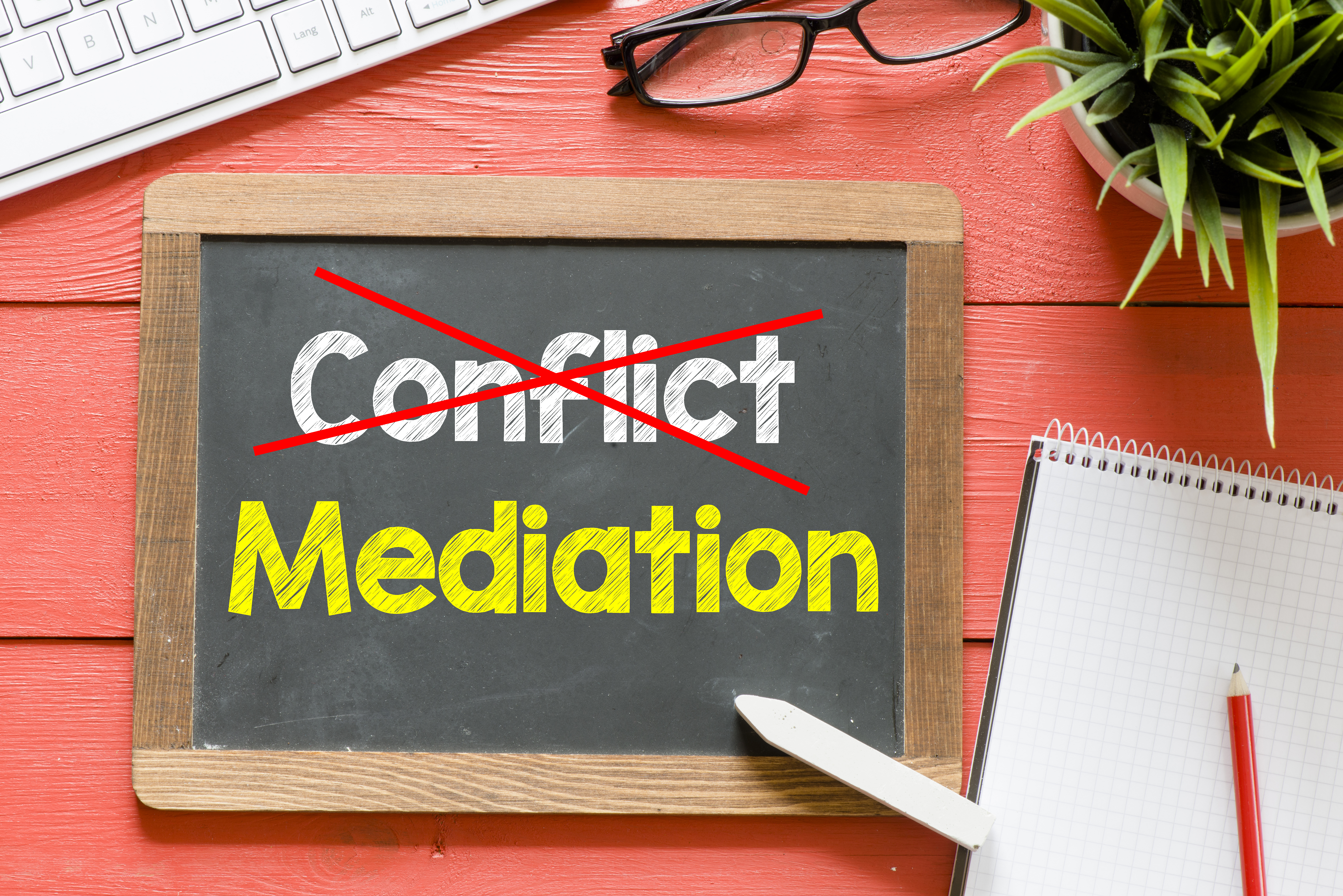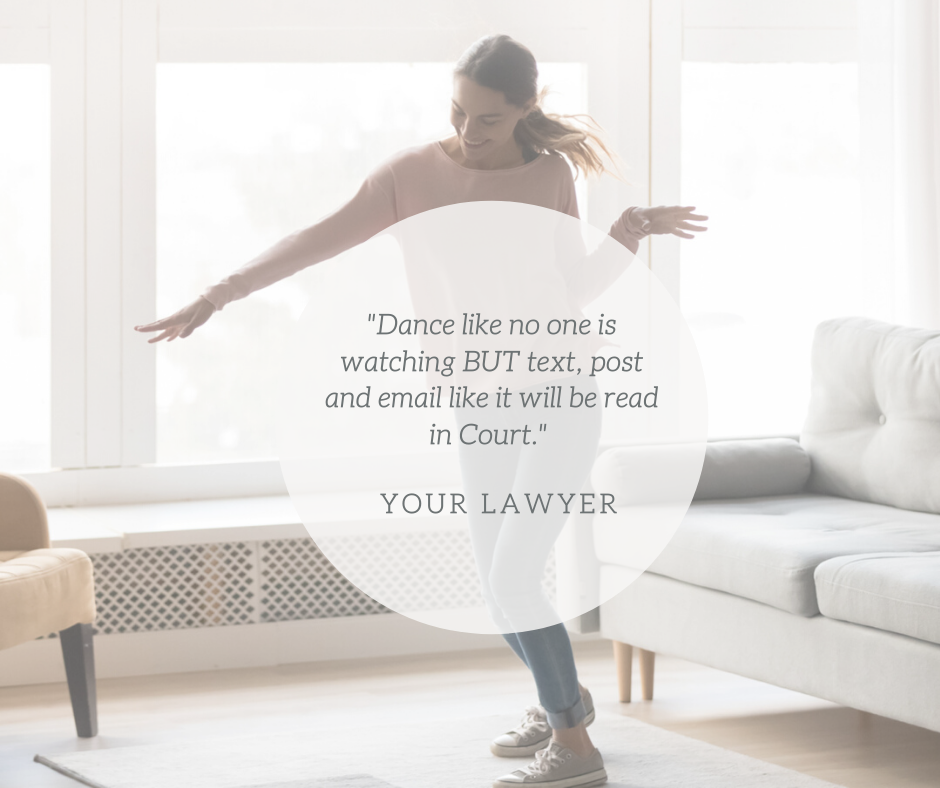
Mediation can be a very useful tool to help resolve your family law matter without going to court. It is a chance for you and your former partner to discuss what is important to each of you, and to hopefully reach a solution that you are both comfortable with.
The purpose of this post is to provide you with some helpful information about mediation.
The mediator
The mediator is a qualified professional who is independent and impartial. Their role is to help facilitate conversation between you and your former partner, and to assist you in developing creative solutions to resolve your dispute. The mediator does not take sides and they do not make any decisions.
The benefits
Whether you and your former partner have just commenced settlement discussions or have been involved in protracted negotiations, mediation can have many benefits. These include:
– The opportunity to voice what is important to you. You are able to talk freely and express any concerns that you have;
– A chance to develop an understanding of your former partner’s position. Like you, they also have the opportunity to tell their side of the story;
– The opportunity to repair damaged relationships and create better co-parenting strategies;
– If you are able to reach an agreement, it is an agreement that you have made and one that you are comfortable with (not an order that a Judge has made); and
– The financial benefits can be significant if you can reach agreement and avoid litigation (or any further litigation). Please see our post “Why you should avoid going to Court in Family Law”.
The logistics
The mediation will be held at a comfortable, private and neutral location. It can take place with you and your former partner in the same room, or you can be in separate rooms. This is generally something the mediator will decide after speaking with you at the start of the mediation. It is important to let the mediator know whether you feel comfortable being in the same room as your former partner. If you or your former partner each have a solicitor, it is common for them to come to the mediation with you.
Is mediation compulsory in Family Law?
If you are seeking parenting orders, the Court does require you to participate in Family Dispute Resolution (“FDR”) before commencing court proceedings (with limited exceptions). FDR is a form of mediation. Before applying to the Court for parenting orders, you must obtain a Certificate from a qualified FDR practitioner (this is what the Court calls a section 60I Certificate) saying one of the following:
– You did not attend FDR because your former partner refused or failed or attend;
– The FDR practitioner did not think FDR was appropriate for your situation;
– You and your former partner attended FDR and made a genuine effort to resolve your dispute;
– You and your former partner attended FDR but your former partner did not make a genuine effort to resolve the dispute; or
– You and your former partner did attend but the FDR practitioner decided that it was not appropriate to continue.
Is mediation always a good idea?
Mediation is not a one size fits all and there are certain situations when it may not be appropriate. These include:
– Where there has been a history of family violence;
– There is a risk of abuse to a child;
– If your matter is urgent; or
– Where there is a significant power imbalance.
If you come to an agreement
If you and your former partner have been able to reach an agreement through mediation, the agreement then needs to be documented in what is called Consent Orders. These are then filed with the Court for approval. Please see our post “We Don’t Need To Involve Lawyers… Do We?”.
If you don’t reach agreement
If you don’t reach an agreement at mediation, don’t be too disheartened or frustrated. Even if a final solution isn’t reached, it doesn’t mean that mediation has failed. Many intermediate issues and problems may have been solved along the way.
If you cannot come to a final agreement through mediation, there are still several options:
– Go to a further mediation: You can attend further mediation. Some parties may choose a different mediator if they believe that the previous mediator was ineffective.
– Continue negotiations: If a settlement or agreement is close at mediation but there are a few issues that need to be resolved, they could be negotiated after mediation but without having to go to court.
– Apply to the Court: As a last resort, if the mediation fails and there appears to be no prospect of reaching a negotiated agreement, then you can still apply to the Court for your matter to be reviewed and decided by a Judge.
Would you like further information?
For further information about mediation, please contact us today or book an appointment online.
By Tegan Martens
Director & Principal Lawyer
Martens Legal

Disclaimer:
The information contained on this site is for general guidance only. No person should act or refrain from acting on the basis of such information. Appropriate professional advice should be sought based on your particular circumstances.


